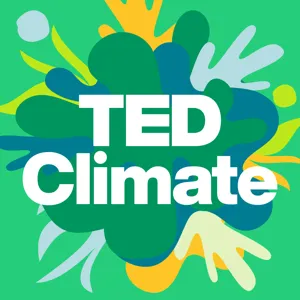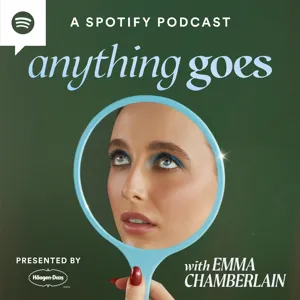Now the podcast this week came about after I heard quite a heated debate on Radio 4 called 'The Morality of Fashion'regarding Fashion and Environmental impact - and I thought who better to ask about sustainability than my friend Venetia Falconer.
Venetia is a London based producer, presenter and host of the Talking Tastebuds podcast. She is extremely passionate about mindful consumption and slow fashion. Recently, she has been featured discussing Sustainable Fashion on on BBC World News, BBC Radio 4’s Costing The Earth, NowThis News and BBC Radio London.
You may have seen Venetia on Tastemade, where she makes delicious vegan dishes and low waste beauty products. She regularly hosts events and interviews for brands including Sweaty Betty, Vevolution and The Body Shop.
“Human health and planetary health are fundamentally interconnected .. We are slowly waking up to the cumulative, time-delayed, and spatially removed effects human actions are having on the planet’s health. Since planetary and human health are fundamentally linked, preventing environmental damage and maintaining healthy ecosystems is the most effective long-term strategy to promote health in humans. In 1992, the ‘Commission on Health and Environment’ created by the World Health Organization (WHO) published a report entitled Our planet, our health. Its opening statement reads: The maintenance and improvement of health should be at the centre of concern about the environment and development.
A summary of some of what we discussed on the pod today:
- Conscious fashion - being a lot more aware of when we choose to purchase fashion items
- Many websites that can help you shopping with peace of mind
- Check out charity shops and hiring clothes websites - which allow you to indulge in the hobby of fashion whilst not being as detrimental to the environment
- Recognising the role of the consumer
- How important our purchasing power is
Connect with Venetia on Instagram and Youtube for weekly videos and tips for living a more mindful lifestyle.
You’ll find the recipe video that I cooked with Venetia and our super interesting conversation - on my youtube channel go check it out!
Don't forget to check out social media links and other information on this episode over on The Doctor's Kitchen website.
Hosted on Acast. See acast.com/privacy for more information.




